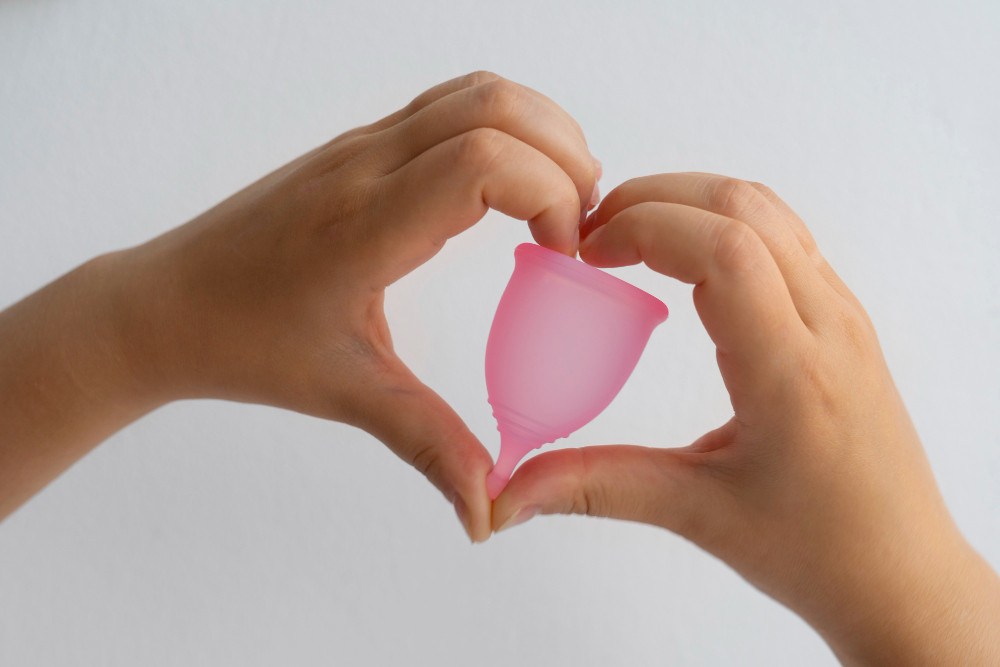Menopause is a natural stage in a woman's life that signifies the end of her menstrual cycle. This typically occurs between the ages of 45 and 55 and is marked by a reduction in the production of estrogen and progesterone.
Although menopause is often seen as a challenging transition, there’s no need to fear it. This article offers practical tips to help you navigate menopause with confidence and ease.
What You Need to Prepare for Menopause
While menopause marks the end of reproductive capability, it doesn’t signify the end of your potential. Instead, it can be an opportunity to focus on personal growth, such as advancing your career, nurturing relationships, or exploring new hobbies.
Here are key preparations to help you face menopause:
Recognize the Symptoms
The first step in preparing for menopause is to understand its symptoms and how they affect your body. Common symptoms include:
- Hot flashes or sudden warmth in the face, neck, or chest.
- Trouble sleeping and fatigue.
- Mood swings.
- Vaginal dryness that causes discomfort during sexual intercourse.
- Joint and muscle pain.
- Reduced skin elasticity and hair thinning.
Consult Your Doctor
If you begin noticing menopause symptoms, consulting a doctor is crucial. A healthcare professional can recommend treatments, such as hormone therapy or supplements, to alleviate discomfort.
Additionally, routine tests like bone density scans, cholesterol checks, and pap smears can help detect and prevent conditions such as osteoporosis or cervical cancer.
Maintain a Balanced Diet
A healthy diet plays a significant role in managing menopause. Increasing your intake of calcium and vitamin D is essential for bone health. Good dietary choices include leafy greens, fatty fish, milk and dairy products.
Avoid processed foods high in sugar and trans fats, as these can exacerbate menopause symptoms like weight gain and mood swings.
Stay Physically Active
Exercise is vital during menopause to manage weight, enhance mood, and strengthen bones. Incorporate the following activities such as weight training, yoga, pilates and jogging into your routine.
Engaging in regular physical activity will not only help you feel stronger but also reduce stress and improve overall well-being.
Manage Stress and Mood Fluctuations
Hormonal changes during menopause can influence your emotions. To manage stress effectively, try meditation, deep breathing exercises, or fun hobbies like gardening or reading. If needed, seek support from loved ones or a professional counselor to navigate emotional challenges.
Many women experience menopause with minimal symptoms, and some may barely notice the transition. However, if menopause symptoms begin to disrupt your daily life or health, don’t hesitate to consult a doctor.
For accessible medical advice, you can also use the Ai Care health consultation service, available on the App Store and Play Store.
Looking for more information about health tips and tricks, first aid, and other home remedies? Click here!
- dr Hanifa Rahma
National Institute on Aging (2024). What Is Menopause?. Available from: https://www.nia.nih.gov/health/menopause/what-menopause
Mary Jane Brown, PhD, RD (UK) (2023). 11 Natural Remedies for Menopause Relief. Available from: https://www.healthline.com/nutrition/11-natural-menopause-tips
Claire Bugos (2023). Don’t Dread Menopause. Prepare for It Instead. Available from: https://www.verywellhealth.com/can-you-prepare-for-menopause-7255538
Cleveland Clinic (2024). Menopause. Available from: https://my.clevelandclinic.org/health/diseases/21841-menopause
Taylor Jones, RD (2023). 7 Nutritious Foods That Are High in Vitamin D. Available from: https://www.healthline.com/nutrition/9-foods-high-in-vitamin-d
Mayo Clinic (2024). Menopause. Available from: https://www.mayoclinic.org/diseases-conditions/menopause/diagnosis-treatment/drc-20353401












